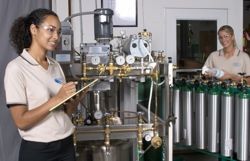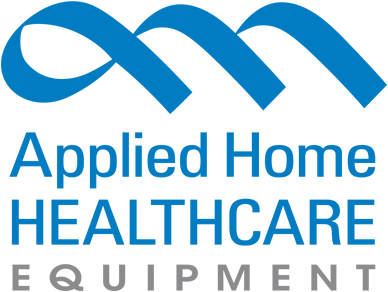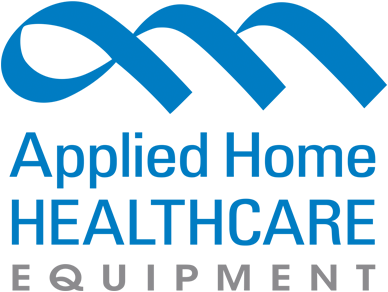PRODUCT CATEGORIES
CLASSES/REGISTRATION
WHAT'S YOUR ROLE?
What is cGMP and why is it important?
 The Food, Drug and Cosmetic Act states that a drug, such as medical oxygen is adulterated and subject to legal action if it is not manufactured in accordance with the current good manufacturing practices (CGMPs), or does not comply with appropriate official standards such as strength and quality as cited in the United States Pharmacopoeia/National Formulary (U.S.P./NF).
The Food, Drug and Cosmetic Act states that a drug, such as medical oxygen is adulterated and subject to legal action if it is not manufactured in accordance with the current good manufacturing practices (CGMPs), or does not comply with appropriate official standards such as strength and quality as cited in the United States Pharmacopoeia/National Formulary (U.S.P./NF).
So what does that mean to Oxygen Providers?
Here's an example.
Terry, who owns a struggling home health care business in a rural area, decides to save money by supplying his patients with industrial oxygen rather than the more costly medical oxygen. He has a local welding distributor deliver industrial oxygen cylinders to his garage where he removes the cylinder labels, places the unlabeled cylinders in the bed of his pickup truck, and delivers them to patients.
One of Terry’s patients is severely injured from breathing oxygen contaminated with acetylene gas. The FDA is notified and with the aid of U. S. Marshals seizes Terry’s patient records, oxygen cylinders, and pickup truck as evidence for prosecution.
Terry is guilty of violating the Federal Food, Drug, and Cosmetic Act (the Act) because he delivered an adulterated drug (oxygen) which was not manufactured in accordance with current good manufacturing practices (CGMPs), nor did the oxygen comply with appropriate official standards such as strength and quality as cited in the United States Pharmacopoeia/National Formulary (U.S.P./NF). (i.e. Testing with your Servomex Analyzer) Industrial oxygen is not manufactured for human consumption and may contain contaminants which could cause irreversible health consequences.
Learn all about cGMP and other requirements with Applied's online classes from Applied University.
You Might Also Like
Subscribe to our Newsletter
Get the latest regulatory info, accreditation news and exclusive discounts!
 View Cart []
View Cart []
